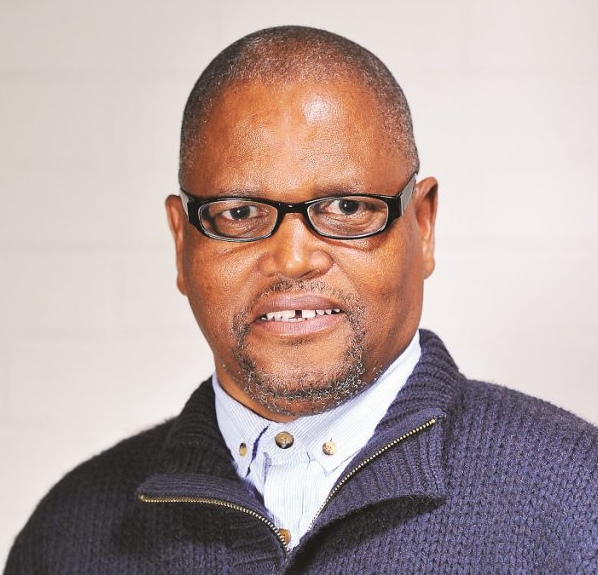Members of the party fight for nothing else but power and proximity to state resources. A plum job in government has become a get-rich-quick scheme.

Picture: Yeshiel Panchia
The ANC is the governing party in South Africa currently and when it sneezes, everybody catches the cold.
As the government, when the ANC go through a traumatic experience, we are bound to be traumatised as well because at the time of crisis it is unable to concentrate on governing but instead it tries to solve its internal problems. I say this because for the past 11 years, this oldest African political party has been going through a period of factionalism and infighting that had precipitated in deaths, injuries and further divisions.
This new struggle continues.
Members of the party fight for nothing else but power and proximity to state resources. A plum job in government has become a get-rich-quick scheme where opulence is publicly flaunted.
In a province like KwaZulu-Natal, the killing of councillors and political activists has become the order of the day. Merely standing for a position such as party branch chairperson or secretary is an invitation to be targeted for assassination. Many have lost their lives before they could even occupy the position.
Save for certain cases of high-profile individuals, political killings make no headline news in that province because people had gotten used to these killings. Gone are the days when being an ANC regional or branch executive committee member (BEC) centred on voluntarism with no expectation of income.
Today, the BEC membership is regarded as the first step towards accumulation of wealth. Those elected as chairpersons and secretaries at branch and regional levels have the best chance of becoming a councillor, party chief whip, or mayor in the local council.
The provincial executives traditionally are sent to the provincial legislature as lawmakers and some become MECs, with the luckiest of them all elevated to become the premier.
All these seats come with perks, status and opulence that are the source of these conflicts.
While patronage had been there before 1994, it worsened during the notorious 2007 to 2017 period. These was a time of free-for-all. It became what one author called “Our Time to Eat” in a book of the same title. Time to eat as the state was turned into a cash cow.
During this period, nepotism and jobs-for-pals reached the highest level while state machinery had ground to a halt because there was nobody to answer the telephone at the state call centre, no clerk to issue health cards, while water leaked profusely from the burst pipes and rubbish piled up in the streets because municipal workers are on a permanent go-slow.
But instead of establishing proper dispute resolution mechanisms to deal with infighting and factionalism, leaders at the top tend to ignore the situation until it became a crisis. For instance, the ANC, instead of attending to grievances of sidelined branch and regional members in a province, often disbanded structures and replaced it with a task team comprising the same factional instigators to lead it.
It would take time, if at all, before the political tensions in KwaZulu-Natal, Free State and North West and to a certain degree Mpumalanga are resolved because some members claim their complaints had not been addressed.
We just hope that President Cyril Ramaphosa’s unity and renewal project succeeds, because the sickness that is hitting his party is affecting us too as ordinary citizens.
The ANC must truly go back to the basics.

Eric Naki.
For more news your way, follow The Citizen on Facebook and Twitter.





